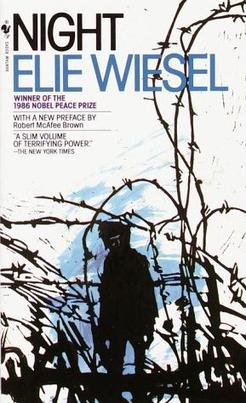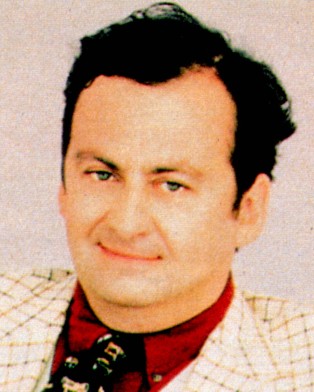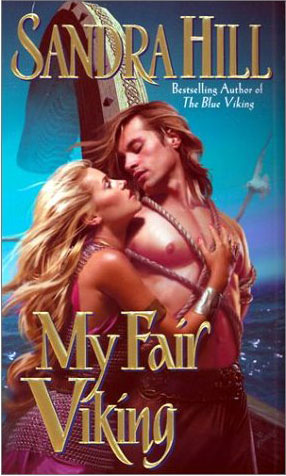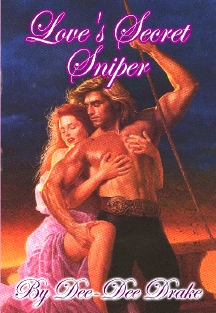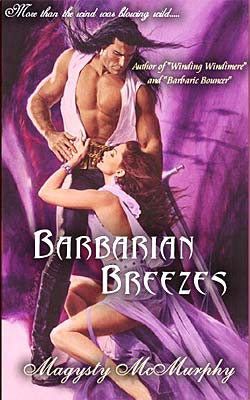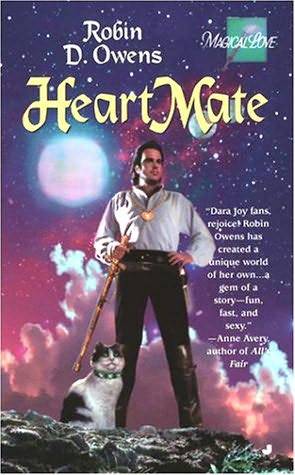I discovered an interesting trend the other day when I was thinking about YA stories in general. I noticed that almost all of them start small and move to big, and this matches perfectly with the development of the adolescent mind.
Children and teens are stuck in a state of egocentrism (see image above) until their brains are developed enough to handle considering other viewpoints. There are biological reasons that young people are insufferably full of themselves.
As a teen matures, however, they start to be able to step into others' shoes. They can start to logically extrapolate the wider-reaching consequences of their own actions. It becomes easier for them to understand points of view that contradict (or at least are different) from their own.
And I know that adult fiction can do this, too, this small-to-big thing. But I've been noticing that more traditional stories and more adult fiction tells stories big-to-small, and most YA is the other way round. Let's look at a few examples of what I mean by small-to-big:
Everyone knows that Harry Potter starts off light and fun: a young boy discovers that he, personally, is a really important person and as if that wasn't enough, a wizard as well. By Deathly Hallows, the entire magical world is at war. Sure, Harry is still at the center of it, and we're still focusing on him and his friends, but the driving forces are so much larger.
The Hunger Games series starts off with the story of a girl trying to survive and sort out a particularly complicated love life, and ends with war.
Twilight starts off with Bella, the new girl (who is totally awkward and unattractive, if she didn't tell you enough times) and expands to being about her and Edward, and ends... with war. Are you seeing a trend?
Several of our recent review books (The Maze Runner trilogy, the Matched trilogy, this week's book No Safety in Numbers) follow this same trend. Instead of coming home from a war and starting a life (like you might see in a book or film directed at older adults) we have the opposite end of that timeline. Makes perfect sense, doesn't it?




